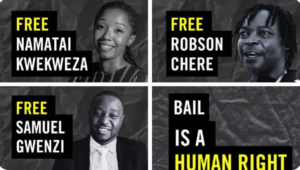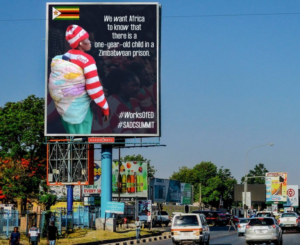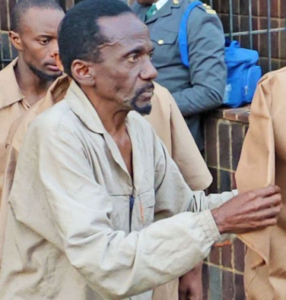YOUTH POLITICAL PARTICIPATION IN ZIMBABWE: A CALL FOR CHANGE
Political participation of youth is a key issue globally. In developing countries like Zimbabwe, youths are still not fully included in decision-making. The current political norms in Africa, with nationalist leaders, make it hard for young people to take part in politics. Voting and public political engagement are rights for the youth, but these rights have lost importance as youths are still excluded and marginalized.
Historically, this exclusion has pushed youths towards informal political actions. In Zimbabwe, this often means political violence, especially in urban areas. After colonial rule, many young people were kept out of work, education, and politics by the elites. This led to youths using violence to show their anger with the lack of true democracy.
In rural areas of Zimbabwe, more than 35% of youths are involved in formal political activities like voting. In contrast, in urban areas, this number is below 20%. This difference raises questions. Are rural youths voting by choice? Or are they motivated by material benefits or fear? Zanu PF politicians are known to withhold services from their constituencies to force people to vote for them. As poverty grows in urban areas, young people there can see the difference between a failed government and competent leadership. In rural areas, political literacy is low, and people have less access to news and information.
The role of chiefs and headmen in mobilizing votes for Zanu PF is significant in rural areas. Chiefs are supposed to be politically neutral, but in Zimbabwe, they often support the ruling party to keep their own positions. This makes it hard for rural voters to make free choices. They become puppets of a failing regime, not understanding the value of their vote. This is similar to how Lobengula was tricked long ago, leading to the loss of his empire.
Zanu PF uses similar tactics today. They promise sweet words and small gifts to the rural population, who lack the means to compare promises with actions. They do not have the knowledge to see the difference between a failing regime and a better option. Many do not understand their rights or what voting means in the 21st century.
True democracy needs political literacy. People must be educated to make informed decisions. This helps build a healthy political society where everyone can take part and hold the government accountable. In Zimbabwe, youths’ political participation needs more focus on education. Rural voters need to understand the true value of their vote, not just sell it cheaply.
In conclusion, the youth in Zimbabwe face many challenges in political participation. They are often excluded and marginalized, leading some to violence. Rural youths vote more than urban youths, but often not freely. Chiefs and headmen play a big role in controlling rural votes. Zanu PF’s tactics keep the rural population uninformed and dependent. Democracy requires informed citizens who can make wise choices. Zimbabwe must work to educate its youth, especially in rural areas, to truly empower them and build a better future.



